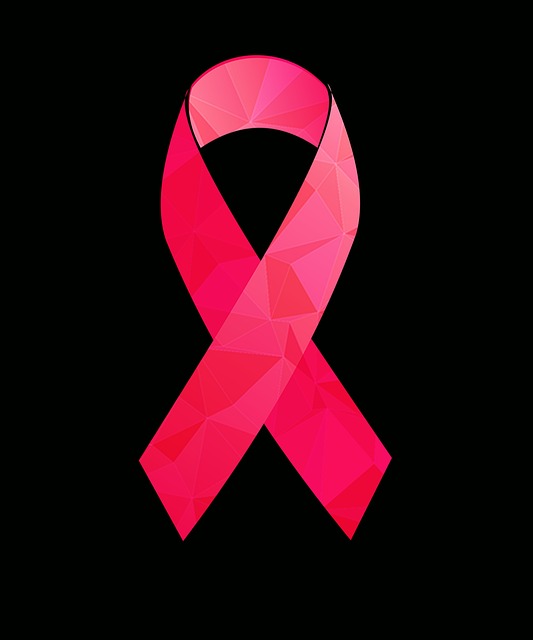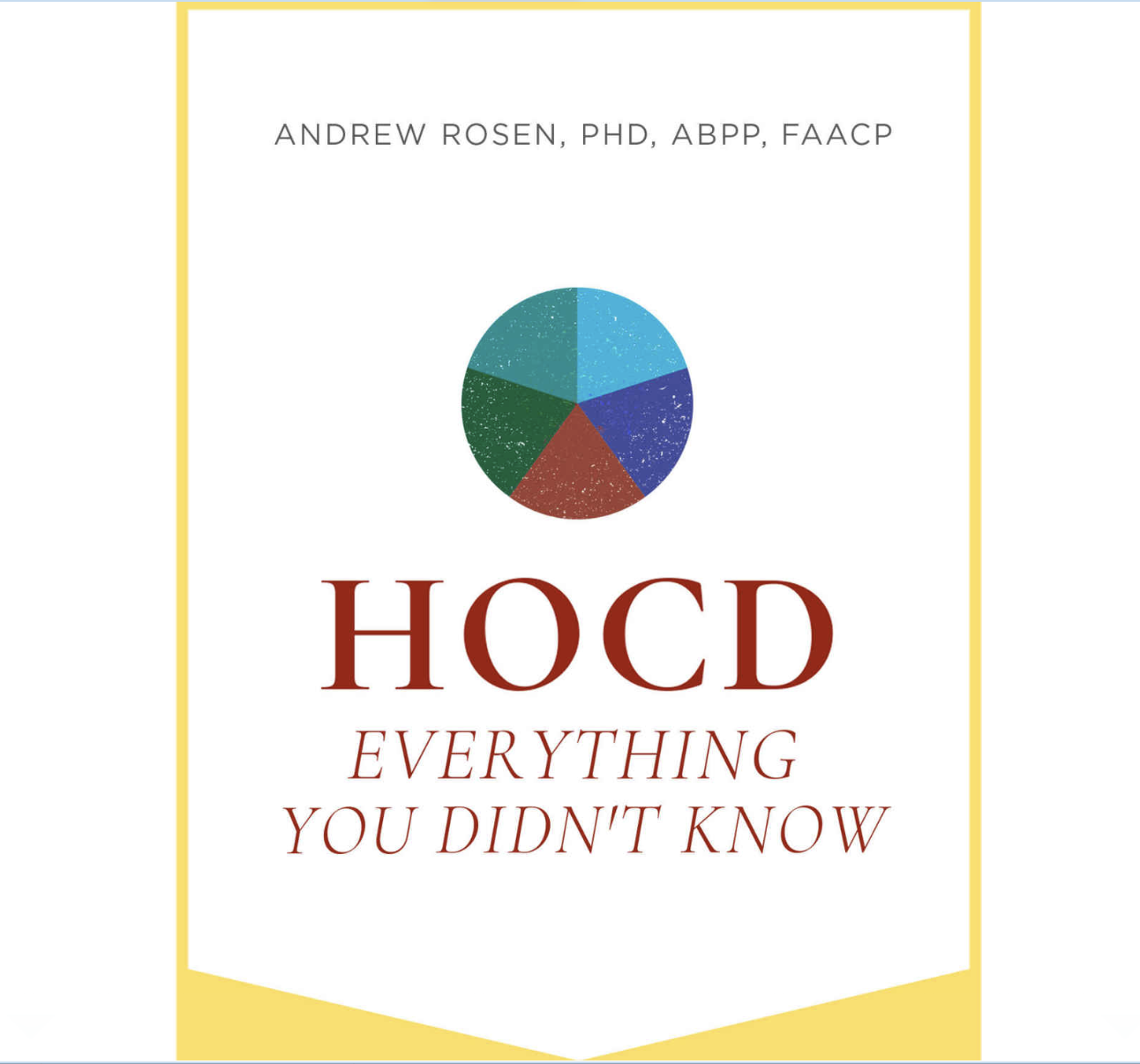-
Social Anxiety in Toddlers

Toddlerhood is defined as the age range from 12 to 36 months. During this period, a child’s emotional and cognitive development grows by leaps and bounds, as do their social skills. This also coincides with the time when children are likely to go into a daycare environment or head off to preschool. As they engage more often with other children and adults, it may also be the stage when a toddler’s social anxiety begin to emerge.
-
What Is Harm OCD?

Studies show that the vast majority of us occasionally have unwanted violent thoughts about injuring ourselves or others. For example, we might briefly fantasize about harm befalling the guy who just cut us off in traffic and then scared us even more when he immediately slammed on his brakes to avoid other cars. Although we don’t like to acknowledge them, about 85 percent of people do experience some type of random harmful thoughts, but they are fleeting and don’t disturb our normal lives.
-
PTSD In Breast Cancer Survivors

Although it is best known for affecting war veterans or those who have been through violent events, PTSD is also common in cancer survivors. Learn about risk factors and treatments for PTSD after cancer.
-
HOCD and Intrusive Thoughts

HOCD (homosexual obsessive compulsive disorder) is a subgroup of Obsessive Compulsive Disorder (OCD). It causes relentless questioning of one’s sexual orientation via the intrusive thoughts that are characteristic of OCD. HOCD is also known as Gay OCD or Sexual Orientation OCD (SO-OCD).
-
HOCD: Everything You Didn’t Know – A Primer for Understanding & Overcoming Homosexual Obsessive Compulsive Disorder

HOCD (Homosexual Obsessive Compulsive Disorder) is a debilitating condition that attacks without warning in those who already struggle with classic OCD. It leaves its victims reeling with uncontrollable doubt about their sexual orientation (despite never having questioned it before), while igniting a vain pursuit of certainty over the question of whether they are truly straight.
-
Mental Health Risks Of Marijuana

As more states legalize the possession and use of marijuana, we are beginning to get a clearer picture of the effects it can have on mental health. While advocates feel that the drug can do no harm, critics of legalization feel that there is nothing beneficial in marijuana – and the truth probably lies somewhere in between. However we do know that there has been an upswing in suicides and mental health disorders in states that have legalized the drug. So, what are the mental health risks of marijuana use?
-
Transcranial Magnetic Stimulation: High Tech Help For Treatment Resistant Mood Disorders

Transcranial magnetic stimulation may help relieve symptoms in those with severe anxiety or depression that doesn’t respond to treatment or medications.
-
What Problems Do Adopted Adults Have?

There are seven core issues that follow adopted children into adulthood. These concerns affect them emotionally and must be addressed to begin healing.
-
Mindfulness – The Secret To Being Happier Throughout Your Day

Most people go through their lives in reaction-mode. They respond to something that happens in their environment – a conversation, a changing traffic light, the boss calling a meeting – but they often aren’t truly aware of the world around them. They can be so focused on the distractions of life that they aren’t actually experiencing life.
-
What Is Overcontrol And Is It Contributing To Your Social Anxiety?

One of the most quickly growing areas of clinical research and treatment implementation is for people who are considered to be overcontrolled. What does being overcontrolled mean, and what does it have to do with feeling socially anxious? The concept of self-control refers to the ability to inhibit problematic behaviors. This is generally accepted by our society as a positive thing to have! It is true that to an extent, being overcontrolled can be very adaptive and helpful. Overcontrol is associated with the ability to delay gratification, follow rules, and valuing accuracy and fairness. However, when these traits are very pronounced and overemphasized, they can become problematic and affect our mental health. It’s like having too much of a good thing.